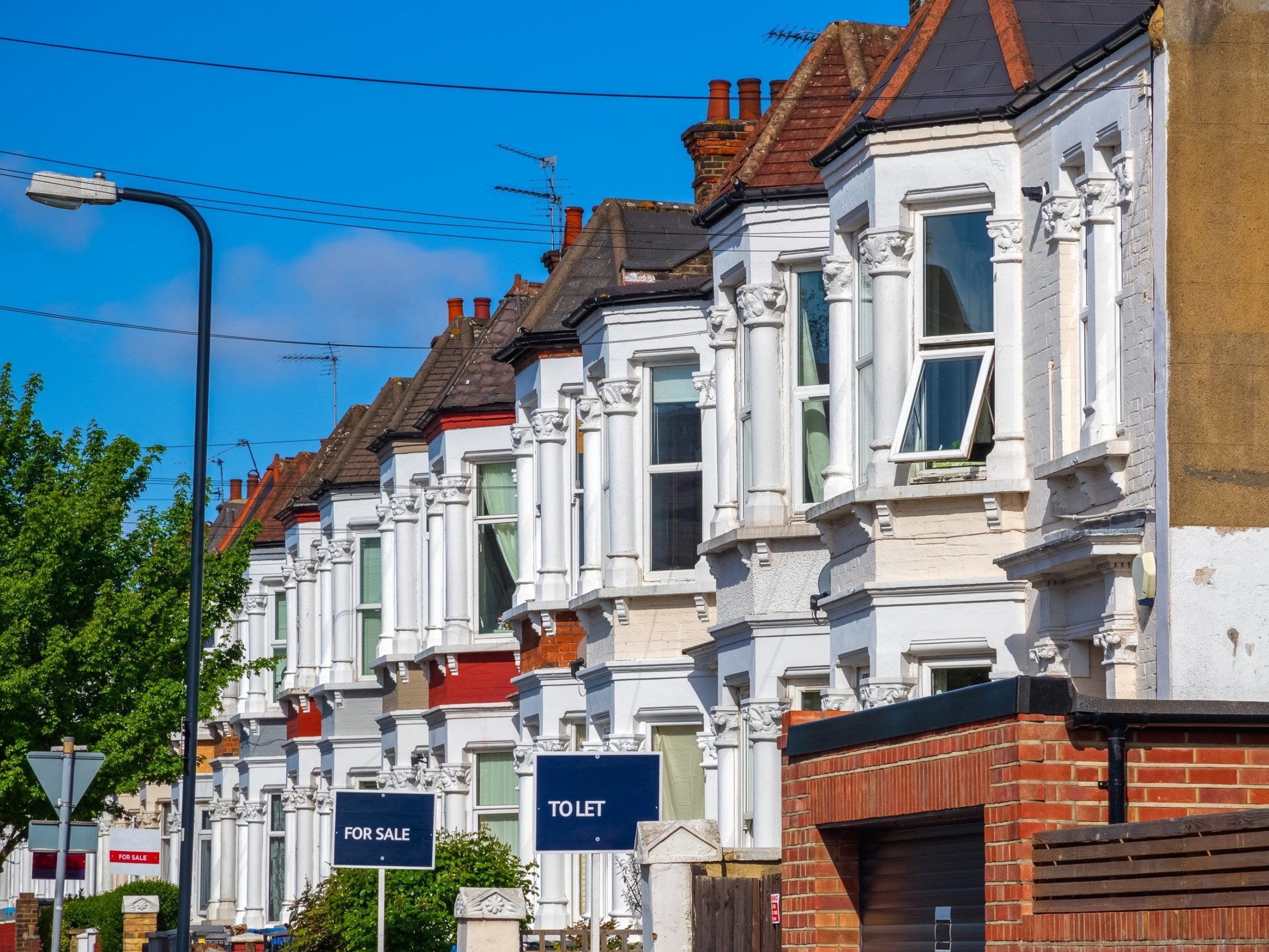Ministers’ plans to tackle money laundering through UK property in ‘jeopardy’, MPs and peers warn
‘Parliament should not enact unenforceable legislation, and legislation without teeth will be no deterrent’

Your support helps us to tell the story
From reproductive rights to climate change to Big Tech, The Independent is on the ground when the story is developing. Whether it's investigating the financials of Elon Musk's pro-Trump PAC or producing our latest documentary, 'The A Word', which shines a light on the American women fighting for reproductive rights, we know how important it is to parse out the facts from the messaging.
At such a critical moment in US history, we need reporters on the ground. Your donation allows us to keep sending journalists to speak to both sides of the story.
The Independent is trusted by Americans across the entire political spectrum. And unlike many other quality news outlets, we choose not to lock Americans out of our reporting and analysis with paywalls. We believe quality journalism should be available to everyone, paid for by those who can afford it.
Your support makes all the difference.Ministers’ plans to crackdown on foreign criminals laundering money through the UK’s property market are in jeopardy due to loopholes in a draft law needing urgent attention.
The stark warning comes in a detailed report from MPs and peers into government proposals to introduce a publicly accessible register of overseas organisations and individuals owning land in Britain by 2021.
The joint report from the Lords and the Commons – set up to probe the draft legislation – claims that the aim to create a “hostile environment” for money launderers is at risk to due to a lack of “teeth”.
The warning comes amid concern that in 2017 alone, 160 properties worth more than £4bn in total were identified as having been purchased by “high corruption-risk individuals”.
Between 2004 and 2015, the committee said £180m worth of UK property was subjected to criminal investigation as the suspected proceeds of corruption.
However the committee said that such inquiries were frequently hampered because enforcement agencies were unable to access information about their anonymous foreign owners.
The MPs and peers on the committee outlined that, unlike some other countries, the UK permits the ownership of land by individuals or entities based overseas.
“The UK is valued for its democratic political environment, its independent legal system and its rigid protections,” they write. “While these advantage have made property in this country popular among legitimate investors, they also appeal to those, such as money launderers, who may wish to use property to conceal illicit funds.”
While it broadly welcomed the government’s decision to establish a register of beneficial owners, it expressed concern about the way it would operate in practice.
“We recognise that there will inevitably be hurdles to enforcement, and that the aim of this legislation is to create a hostile environment for money laundering in the UK,” the report said.
“But parliament should not enact unenforceable legislation, and legislation without ‘teeth’ will be no deterrent.”
Lord Edward Faulks – chair of the committee – said: “We welcome this much-needed legislation as one of the vital tools required to create a hostile environment for money launderers who want to use the UK property market to hide unlawful funds.”
He continued: “The legislation is well drafted, but there are still some loopholes in the draft bill which, if unaddressed, could jeopardise the effectiveness of this important piece of legislation.
“In the current political climate, anti-money laundering may not seem an immediate priority. But the evidence we took shows there’s a huge problem, and it’s not going away.
“Time is of the essence: the government must get on with improving this bill and making it law.”
Join our commenting forum
Join thought-provoking conversations, follow other Independent readers and see their replies
Comments